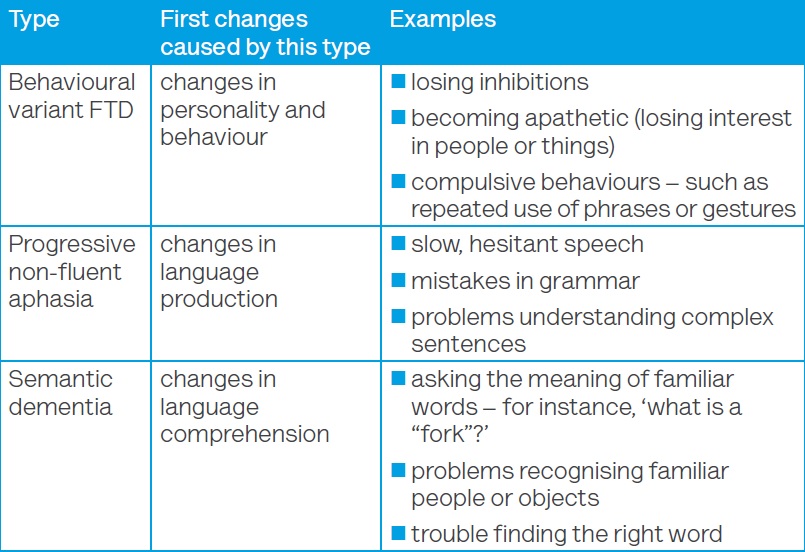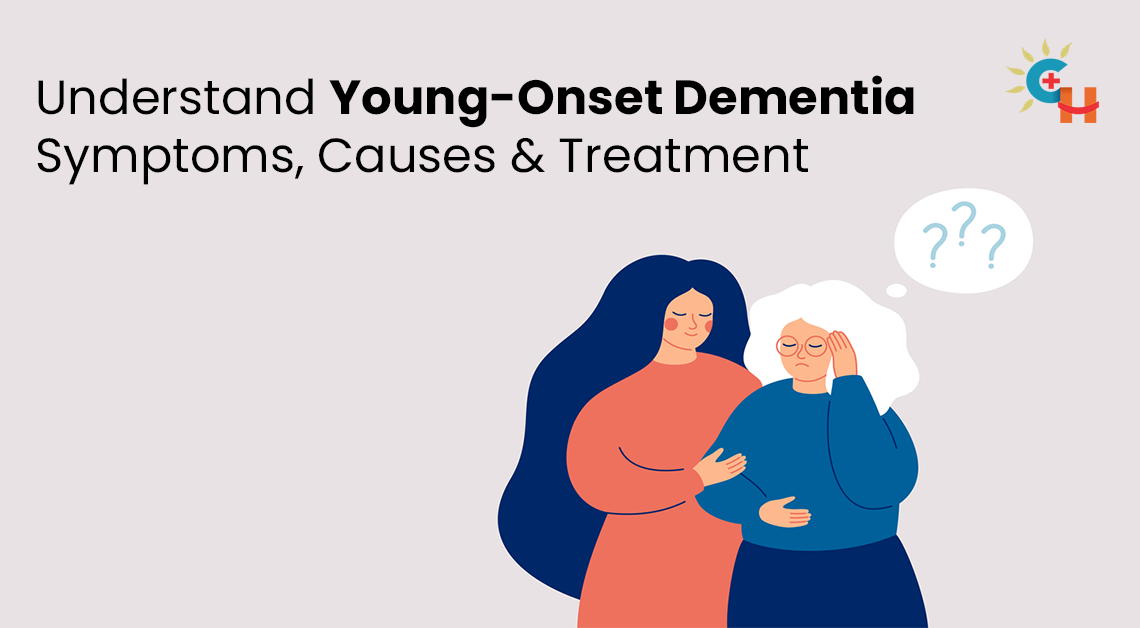How Technology Can Help Monitor Fall Risk in Dementia Patients
How Technology Can Help Monitor Fall Risk in Dementia Patients
Blog Article
Recognizing the Impact of Mental Deterioration on Daily Life and Caregiving
Mental deterioration affects life in extensive methods, influencing not simply those detected however likewise their caregivers. As cognitive decrease progresses, you may observe changes in interaction and regular that challenge both events. Understanding these shifts is important for preserving dignity and engagement. Exactly how do you adapt your caregiving techniques to support someone traversing this complicated trip? The responses may stun you as we discover the subtleties of this experience.
The Stages of Mental Deterioration and Their Results on Daily Life
As you browse the journey of mental deterioration, understanding its phases can noticeably affect how you manage daily life. Mental deterioration normally progresses through 3 primary stages: early, center, and late.
During the middle phase, you'll experience a lot more noticeable cognitive decline. Daily jobs could come to be tough, and maintaining your freedom might call for adjustments. Making use of pointers and simplifying your setting can aid.
In the late stage, people often need significant support with day-to-day activities. Planning for treatment comes to be essential, concentrating on convenience and lifestyle. By recognizing these stages, you're much better geared up to respond proactively, ensuring you or your enjoyed one can navigate the challenges with self-respect and grace.

Changes in Interaction and Social Interaction
Just how do modifications in communication affect your daily interactions as mental deterioration proceeds? As mental deterioration advances, you might observe that basic discussions become difficult.
You might discover it much easier to link via these methods rather than relying solely on talked language. Listening skills can also transform; you might discover it harder to bear in mind or adhere to discussions what was simply stated (Frontotemporal Dementia). This can bring about misunderstandings or feelings of seclusion
Motivating persistence and producing an encouraging setting can aid. Participating in activities that promote link, like songs or art, can boost social communications. Bear in mind, maintaining relationships is still possible; it's practically adjusting to new methods of interacting.
Impact on Daily Routines and Activities
While navigating everyday routines, you'll likely observe that tasks you when finished effortlessly become extra difficult as dementia advances. You could locate yourself forgetting actions in acquainted routines or struggling to remember where you positioned products.
Adapting your setting can aid; for instance, classifying things or using lists can simplify jobs. Engaging in recurring, organized activities can also offer convenience and a feeling of success. Keep in mind, it's all right to ask for assistance.
Psychological and Behavioral Challenges
Guiding with everyday routines can bring around not simply sensible obstacles, yet behavioral and likewise psychological ones. You may notice changes in mood, such as increased anxiousness or frustration, which can originate from confusion or problem in completing tasks. As you navigate these minutes, it is important to acknowledge that your loved one might reveal their feelings via behaviors like agitation or withdrawal.
These psychological responses can be uncertain and may arise without caution, leaving you both feeling overwhelmed. You could find that familiar settings or routines can help reduce anxiety, however maintaining persistence becomes considerable. It is essential to confirm their feelings, also if you don't fully comprehend them.
The Duty of Caregivers in Sustaining People With Dementia
As a caretaker, you play a crucial role in supplying emotional assistance for people with dementia. Establishing day-to-day treatment regimens can produce a feeling of security and comfort, assisting to relieve their stress and anxiety. By recognizing their needs and making use of effective techniques, you can substantially improve their top quality of life.
Emotional Assistance Strategies
When caring for somebody with dementia, comprehending the emotional landscape is important for supplying efficient support. You'll typically locate that patience and empathy go a long means. Validate their feelings; if they share complication or aggravation, acknowledge it without dismissing their feelings. Straightforward motions, like holding their hand or maintaining eye get in touch with, can develop a complacency. Try to participate in activities that they appreciate, as this can stimulate pleasure and connection. Remember to interact plainly and gradually, using a tranquil tone. Motivate expression with songs or art, which can work as a powerful outlet. Eventually, don't forget to take care of your own emotional demands; seeking assistance for yourself can improve your capacity to take care of them.
Daily Treatment Routines
Establishing day-to-day treatment routines is important for giving stability and convenience to people with click here for more mental deterioration, as these regimens can help in reducing confusion and stress and anxiety. You can begin by describing a consistent routine for meals, activities, and rest. This predictability assists your enjoyed one really feel more secure and engaged.
Incorporate familiar jobs, like folding laundry or watering plants, which can evoke favorable memories and promote a feeling of achievement. Usage aesthetic cues, Read Full Report such as schedules or lists, to guide them via the day.
Be versatile, though; adapt routines as required based on their mood or power degrees. Vascular Dementia. Bear in mind, your patience and understanding are vital in navigating their altering demands, ensuring they feel sustained and valued throughout their day-to-day live
Creating a Safe and Comfortable Living Setting
Developing a secure and comfortable living environment is vital for individuals with dementia. You'll intend to make home security adjustments that reduce risks and assure experience to offer a feeling of convenience. By concentrating on these facets, you can assist create a space that supports both safety and security and well-being.
Home Safety Adjustments
As you browse the challenges of dementia, making home safety and security adjustments can substantially enhance comfort and safety and security. Tag vital areas, such as the washroom and cooking area, with clear indications to aid with positioning. These adjustments not just promote safety and security but also urge freedom, allowing your loved one to feel even more at ease in their setting.
Convenience and Experience
After ensuring a risk-free atmosphere with required alterations, promoting convenience and familiarity is essential for people with dementia. Beginning by customizing their space. Usage acquainted colors, decors, and photographs that stimulate satisfied memories. A preferred blanket or chair can give a complacency. Maintain a consistent routine to assist them really feel based and reduce anxiety. Easy, familiar meals can likewise produce a soothing ambience. Maintain pathways clutter-free and clear to stay clear of confusion. Incorporate soft lights, as bright lights can be disorienting. Think about including calming fragrances, like lavender, to advertise relaxation. Taking part in acquainted tasks, such as listening to music or gardening, can improve their feeling of belonging, making their living atmosphere a real haven.
Methods for Reliable Caregiving and Assistance
While maneuvering the obstacles of dementia treatment can feel overwhelming, executing effective strategies can considerably improve both the caretaker's and the person's day-to-day experience. Begin by developing a regimen; predictability helps in reducing stress and anxiety for both you and your liked one. Use clear, straightforward interaction-- brief sentences and straight concerns can prevent confusion.

Don't forget to take treatment of on your own; routine breaks and get in touch with support their explanation groups. Sharing experiences with others in similar circumstances can give beneficial understandings and psychological alleviation.
Last but not least, continue to be client and versatile. Mental deterioration can bring unforeseeable modifications, so adapting your technique is vital. By employing these techniques, you can foster an extra favorable atmosphere that benefits both you and your liked one.
Often Asked Inquiries

What Are the Different Sorts Of Mental Deterioration?
You'll locate several kinds of mental deterioration, including Alzheimer's, vascular mental deterioration, Lewy body dementia, and frontotemporal mental deterioration. Each kind affects memory and cognitive function differently, so recognizing the differences is important for proper medical diagnosis and treatment.
Just How Can I Assist Someone With Early-Stage Mental Deterioration?
You can assist a person with early-stage dementia by being patient, providing assistance, and urging them to take part in activities they delight in. Maintaining routines regular and maintaining open communication can additionally make a considerable difference in their life.
Are There Financial Resources Available for Mental Deterioration Care?
Yes, there are funds offered for dementia care. You can discover entitlement program programs, not-for-profit organizations, and insurance choices. It's additionally a good idea to seek advice from local agencies for specific resources customized to your situation.
What Lawful Factors To Consider Should Caregivers Recognize?
As a caretaker, you ought to take into consideration power of attorney, medical care proxies, and guardianship regulations. It's necessary to recognize the legal civil liberties and responsibilities you hold, ensuring your loved one obtains ideal treatment and security.
How Can I Deal With Caregiver Tension?
You can handle caretaker stress and anxiety by prioritizing self-care, seeking assistance from close friends or teams, setting reasonable assumptions, taking breaks, and practicing relaxation techniques. Remember, your wellness matters equally as much as the person you're taking care of.
Understanding the Influence of Mental Deterioration on Daily Life and Caregiving.
As you navigate the journey of dementia, understanding its stages can noticeably affect how you take care of daily life.While maneuvering day-to-day routines, you'll likely discover that jobs you when finished easily ended up being extra tough as dementia progresses.Developing daily care regimens is necessary for providing stability and convenience to individuals with dementia, as these regimens can help decrease complication and anxiousness.While steering the difficulties of mental deterioration care can feel overwhelming, applying efficient strategies can greatly enhance both the caretaker's and the client's day-to-day experience.
Report this page